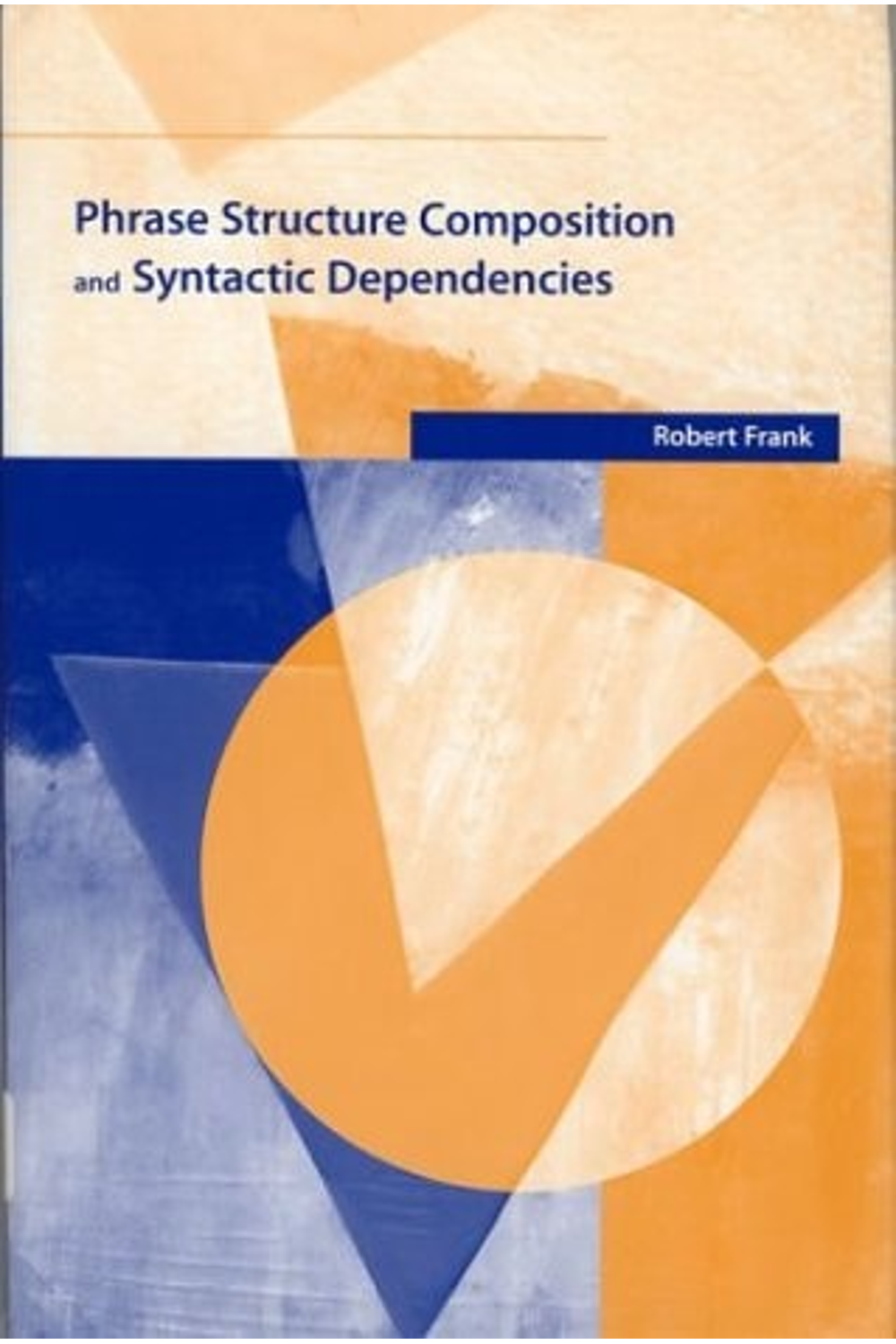Unlock the secrets of sentence structure with Robert Frank’s “Phrase Structure Composition and Syntactic Dependencies.” This book, part of the esteemed Current Studies in Linguistics series, blends the formal precision of Tree Adjoining Grammar (TAG) with the minimalist framework to offer a groundbreaking perspective on syntactic theory. Frank explores how TAG’s restrictive structure-building operations simplify the complexities of syntactic movement and locality, providing compelling case studies of subject-raising and wh-questions to support his claims. Discover a model of grammar that emphasizes computational limitations and learn how this approach can lead to a deeper understanding of human language processing. A must-read for linguists, computational linguists, and cognitive scientists seeking a fresh and rigorous analysis of syntax. Published by The MIT Press.
Phrase Structure Composition and Syntactic Dependencies (Volume 38) (Current Studies in Linguistics (38))
26,66 $
In stock
In Phrase Structure Composition and Syntactic Dependencies, Robert Frank explores an approach to syntactic theory that weds the Tree Adjoining Grammar (TAG) formalism with the minimalist framework. TAG has been extensively studied both for its mathematical properties and for its usefulness in computational linguistics applications. Frank shows that incorporating TAG’s formally restrictive operations for structure building considerably simplifies the model of grammatical competence, particularly in the components concerned with syntactic movement and locality. The empirical advantages of the resulting model, illustrated with extensive case studies of subject-raising constructions and wh-questions, point toward a conception of grammar that is sharply limited in its computational power.
| Authors | |
|---|---|
| Binding | |
| Condition | |
| ISBN-10 | 0262562081 |
| ISBN-13 | 9780262562089 |
| Language | |
| Pages | 340 |
| Publisher | |
| Year published | |
| Weight | 431 |
| Edition | New edition |
- Additional information
- Currencies
- USD – United States dollar
- EUR – Euro
- GBP – Pound sterling
- CNY – Chinese yuan
- BRL – Brazilian real
- MXN – Mexican peso
- JPY – Japanese yen
- PHP – Philippine peso
- THB – Thai baht
- PLN – Polish złoty
- CAD – Canadian dollar
- MYR – Malaysian ringgit
- AUD – Australian dollar
- TWD – New Taiwan dollar
- CZK – Czech koruna
- SEK – Swedish krona
- HUF – Hungarian forint
- ILS – Israeli new shekel
- CHF – Swiss franc
- HKD – Hong Kong dollar
- DKK – Danish krone
- SGD – Singapore dollar
- NOK – Norwegian krone
- NZD – New Zealand dollar





